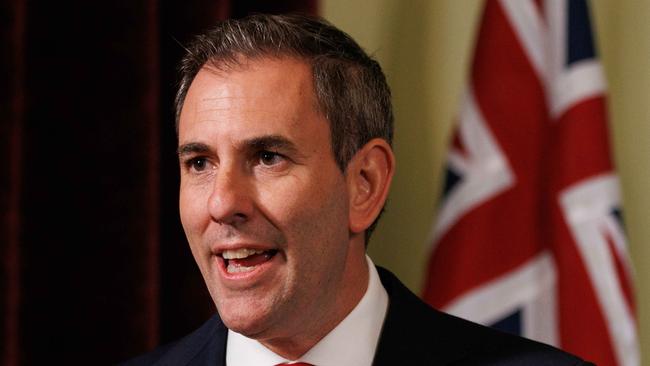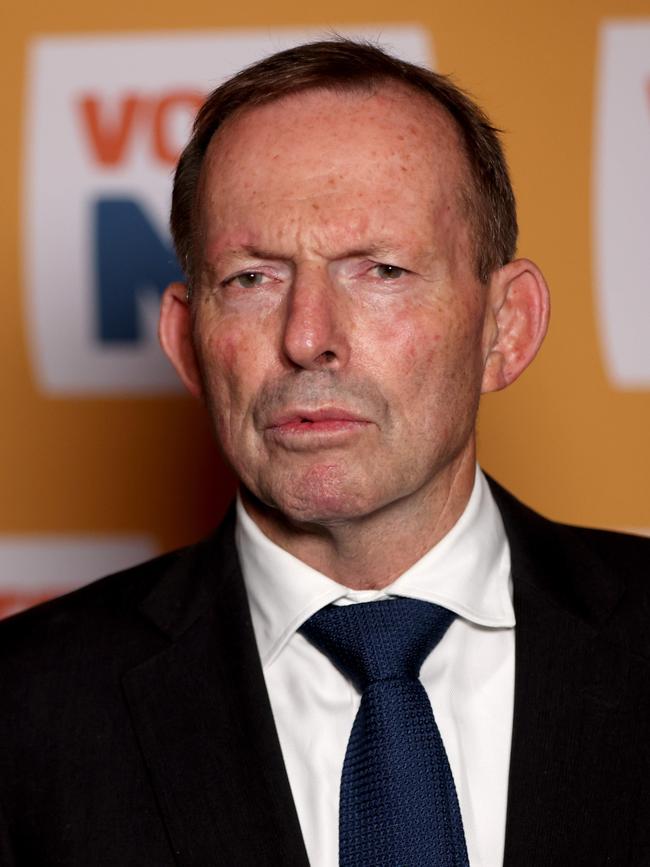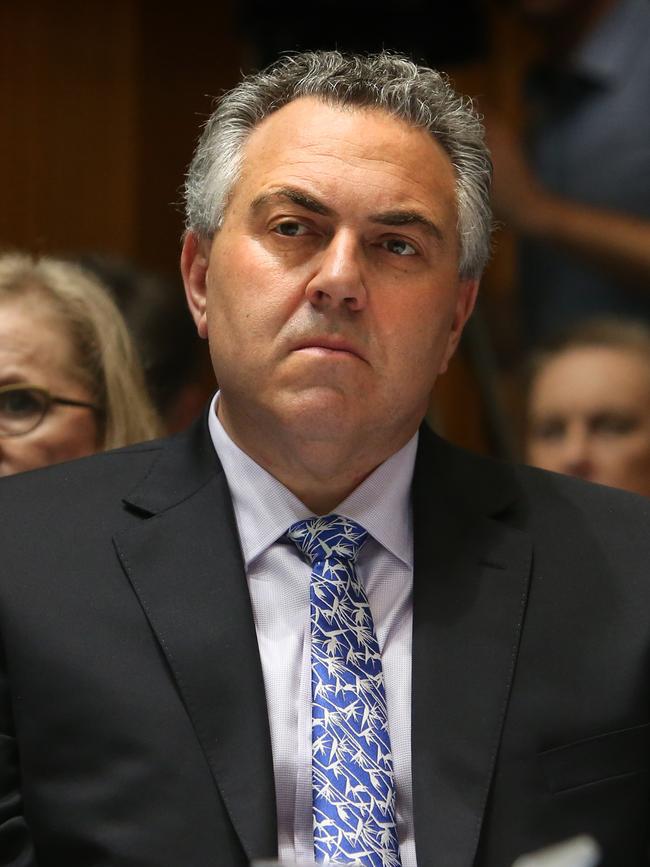
Every day inflation is running above the target band and ahead of wages, households are seeing more and more of their hard-earned cash eroded.
The retail impact of the Treasurer’s rebuttal of inflation concerns is one that won’t resonate well with the punters.
It also plays directly into the hands of the narrative that the Coalition is now trying to establish – that the Albanese government is wildly out of touch with the primary concern of households and its spending plans are going to make things worse.
There has been a view shared by both sides of politics that Tony Abbott and Joe Hockey’s ill-fated 2014 budget was the last gasp of the politics of explicitly conspicuous restraint. The aftershock of the initial austerity drive has lingered over the parliament since.


This makes the accomplishments of former Coalition finance minister Mathias Cormann even more remarkable in a contemporary context. Cormann had to drive efficiency and spending restraint through government without the ability to legislate, in a parliament hostile to any notion of something that amounted to a spending cut.
So, he used executive order instead. This had a political dividend in that much of the reform wasn’t immediately obvious to anyone.
Cormann’s colleagues will attest to his refusal to allow ministers through the door of the expenditure review committee without offering an offset for every dollar they had their hand out for.
His task was to repair the balance sheet damage caused by the previous Labor government, post-global financial crisis.
The Coalition argues that restraint is again required to help bring down inflation as well as restore the balance sheet post-pandemic.
The accepted orthodoxy of the past decade has been driven by a belief that no government would ever dare repeat what Abbott and Hockey tried to do – at least in an explicit way – in an attempt to restore structural integrity to the budget.
Cormann achieved it the hard way.
Opposition Treasury spokesman Angus Taylor is clearly trying to steer Peter Dutton back to this principle on the basis that there is now a wider electoral acceptance of its necessity.
Conservative thinking at the time of the 2014 budget was that the electorate would eventually reward governments that restored the balance sheet.
The primary reason that the politics of explicit restraint died was the luxury of a decade of low interest rates and cheap money. It was easier for governments generally to borrow money than cut spending.
British Tory prime minister David Cameron was an early adopter of the austerity story with Abbott and Hockey seeking to apply the same principles, if not the terminology.
Cameron eventually hit the wall, as did Abbott and Hockey.
Even Donald Trump gave up on it later. But economists believe if there were ever a time for an overtly contractionary budget, it is now.
And the politics of restraint may finally suit the circumstances. Unlike a decade ago, the economy is now being buffeted with high inflation, high interest rates and low productivity.
The markets are responding, as are consumers, who are asking what the hell the government is doing about it. Not only are rates not likely to come down this year, as the government has been happy to imply, households are now facing the prospect of them going up further.
Economists might argue that raising taxes and cutting spending are two things the government can do to help beat inflation. Some will claim that raising taxes can be counter-productive; it may keep drive demand down but it is generally bad for the supply side.
There is no prospect of Labor ever entertaining such a response to the problem.
Even if Chalmers wanted to, the caucus would revolt.
After years of doing it the hard way, restraint is now returning as a far more explicit theme of Coalition economic policy that is likely to underpin Dutton’s response to the third Chalmers’ budget.






Jim Chalmers’ suggestion that economists and commentators had overreacted to the latest round of inflation data was uncharacteristically ill-disciplined and one he may regret.